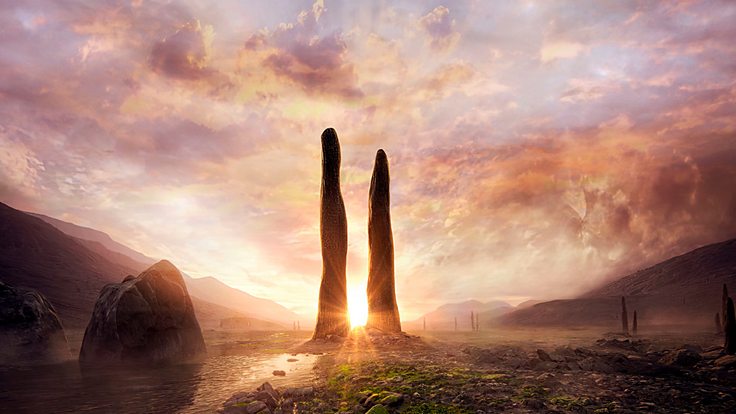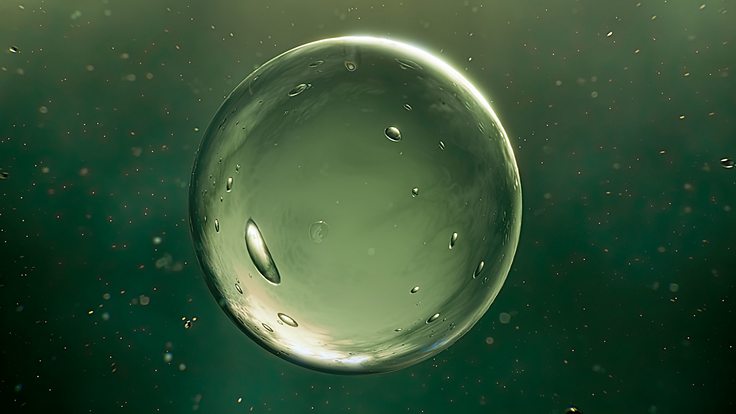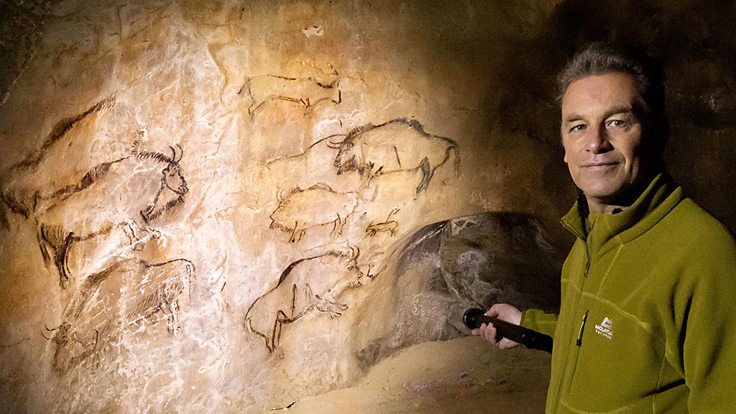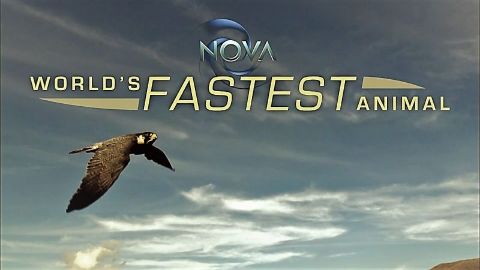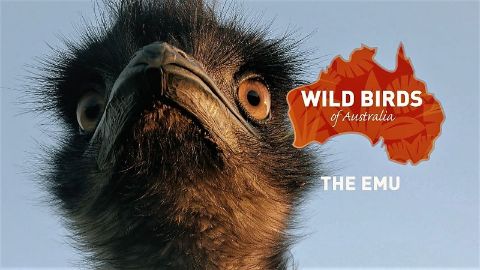Inferno • 2023 • episode "S1E1" • Earth: One Planet, Many Lives
In Inferno, Chris Packham explores one of the darkest periods in Earth’s history: the worst mass extinction the planet has ever seen, when as much as 90% of all species died, 252 million years ago. This extraordinary moment in Earth’s history took life to the brink, wreaking havoc and destruction on an unprecedented scale. But somehow, life found a way to bounce back, and a new geological era ushered in the age of the dinosaurs. The story begins with a massive volcanic eruption: the Siberian Traps eruption lasted for two million years and created enough lava field to cover an area the size of Australia. Life in the immediate vicinity was no doubt vaporized, but the fossil record reveals a bigger mystery – a strange ‘line of death’ in rock formations all over the world that indicates almost all life dying out, no matter how close it was to the lava field. Chris uncovers what the latest science reveals about the aftermath of the eruption, and the terrifying series of events that led to the global mass dying. It’s a stark cautionary tale of how rapid climate change can cause whole ecosystems to collapse, but the fossil record also hints at Earth’s miraculous powers of reinvention. Chris discovers clues in rocky mountain ranges to one of greatest deluges in the planet’s history – a downpour lasting on and off for almost two million years that transformed conditions and led life to bounce back in extraordinary style, with the rise and eventual domination of the dinosaurs.
Make a donation
Buy a brother a hot coffee? Or a cold beer?
Hope you're finding these documentaries fascinating and eye-opening. It's just me, working hard behind the scenes to bring you this enriching content.
Running and maintaining a website like this takes time and resources. That's why I'm reaching out to you. If you appreciate what I do and would like to support my efforts, would you consider "buying me a coffee"?
Donation addresses
BTC: bc1q8ldskxh4x9qnddhcrgcun8rtvddeldm2a07r2v
ETH: 0x5CCAAA1afc5c5D814129d99277dDb5A979672116
With your donation through , you can show your appreciation and help me keep this project going. Every contribution, no matter how small, makes a significant impact. It goes directly towards covering server costs.


